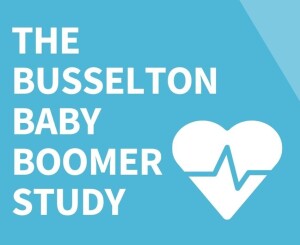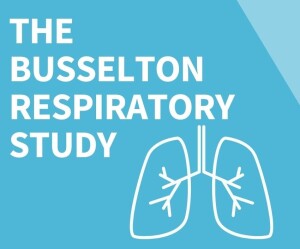Impact of COVID-19 control measures in Busselton Baby boomers
In WA, the peak of COVID-19 cases occurred on 29th March with 403 active cases recorded. COVID-19 control measures were enacted by the state government in March, April and May 2020. These included stay-at-home orders, physical distancing recommendations, the closure of recreation facilities and non-essential businesses, cancellation of elective surgery, limits on dispensing and sales of prescription and over-the-counter medicines, and purchase limits on staple food items and takeaway alcohol. By mid-June 2020 many restrictions had eased.
The BPMRI distributed an online COVID-19 questionnaire to the entire BHAS cohort during April-June 2020 . The survey collected information on the physical, mental and behavioral impacts of the COVID-19 pandemic. Here is a brief snap-shot of some of the preliminary findings.
Impact of COVID-19 in the Busselton Healthy Ageing Cohort
Concerns related to COVID-19 in the Busselton Healthy Ageing Study Cohort
While there were no cases of COVID-19 in the study cohort, predictors of moderate or more levels of worry about contracting COVID-19 included increased number of chronic conditions at baseline, increased anxiety levels, lower well-being and loneliness.
Behavioural changes during the COVID-19 pandemic
There was good compliance with social distancing and hand washing. Traditional news media and social media use were highly prevalent during the pandemic. Alcohol intake and snacking increased in a proportion of the study cohort.
Impact on routine healthcare use
Around 1 in 5 Busselton Baby boomers reported that their access to health care services was affected by COVID-19 control measures. Preliminary data collected from this survey were presented at the recent Science on Swan Scientific Conference in Perth and also in a report generated from the WA Department of Health using a number of different data sources and is available to read here
Analyses underway
Further longitudinal analyses will contribute to understanding the impact of the COVID-19 pandemic in different groups defined by mental health status and multimorbidity to identify groups of people who may be susceptible to increased risk of mental health problems and adverse health outcomes. Changes in well-being, depression, anxiety and stress levels will be assessed and monitored over time. This may facilitate and guide policies and accelerate the process of better targeted mental health care and chronic disease management strategies. These, and other analyses are underway.
Acknowledgements & funding
- Department of Health/WAHTN COVID-19 Research Grants Scheme
- WA Department of Jobs Tourism Science and Innovation (DJTSI)
- WA Country Health Service (WACHS)
- Commonwealth Government – Department of Health
- BPMRI Community Advisory Committee
- Study participants and the people of the City of Busselton








